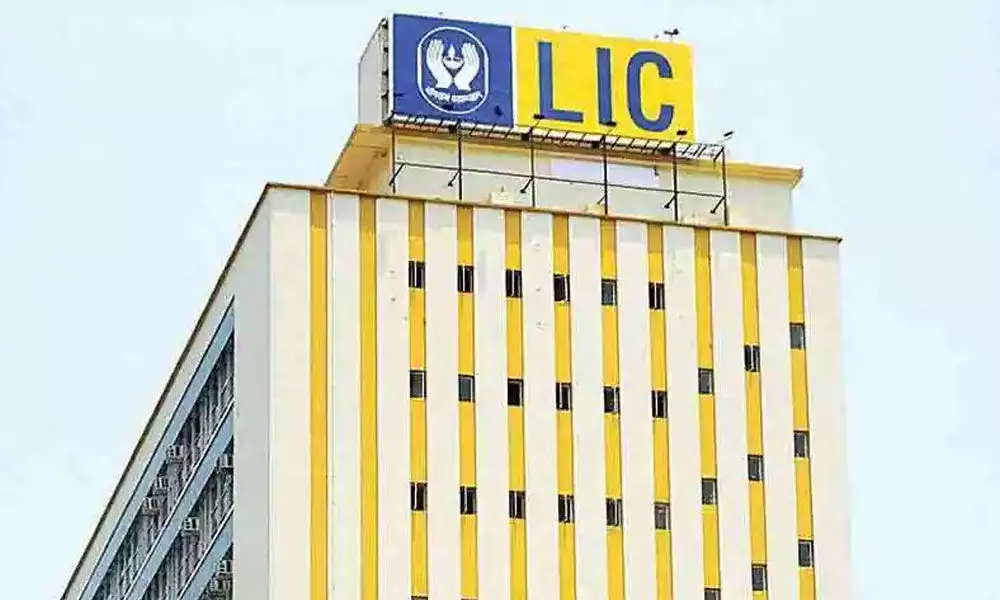India mulls FDI in LIC

Life Insurance Corporation of India
India is considering allowing foreign direct investment (FDI) in Life Insurance Corporation (LIC), according to a person familiar with the matter, which could enable a single overseas investor to buy a large stake in the firm that’s headed for a mega-IPO
India is considering allowing foreign direct investment (FDI) in Life Insurance Corporation (LIC), according to a person familiar with the matter, which could enable a single overseas investor to buy a large stake in the firm that's headed for a mega-IPO. Any strategic investment would be subject to a cap, though it's unclear at what level that would be set, the person said, asking not to be identified as the deliberations are private. Participants at a meeting earlier this month noted a 20 per cent FDI limit on state-run banks, the person said.
Allowing FDI in LIC would permit so-called strategic investors such as massive pension funds or insurance firms to participate in the initial public offering, which is slated to be India's largest ever. The Reserve Bank of India (RBI) defines FDI as purchase of a stake that's 10 per cent or larger by an individual or entity based abroad.
Bankers seeking to arrange LIC's IPO are due to make presentations to the government Thursday. Prime Minister Narendra Modi's administration - which owns 100 per cent of LIC - is looking at the sale to help narrow its budget gap to 6.8 per cent of gross domestic product (GDP) in the year through March 2022.
The listing could value LIC at as much as $261 billion, based on its assets under management and using private sector insurers as a benchmark, analysts at Jefferies India wrote in a February note. While FDI of as much as 74 per cent is permitted in most Indian insurers, the rules don't apply to LIC because it is a special entity created by an Act of Parliament, the person said, adding that the discussions regarding FDI are at an early stage and no final decision has been reached yet. (Bloomberg)








